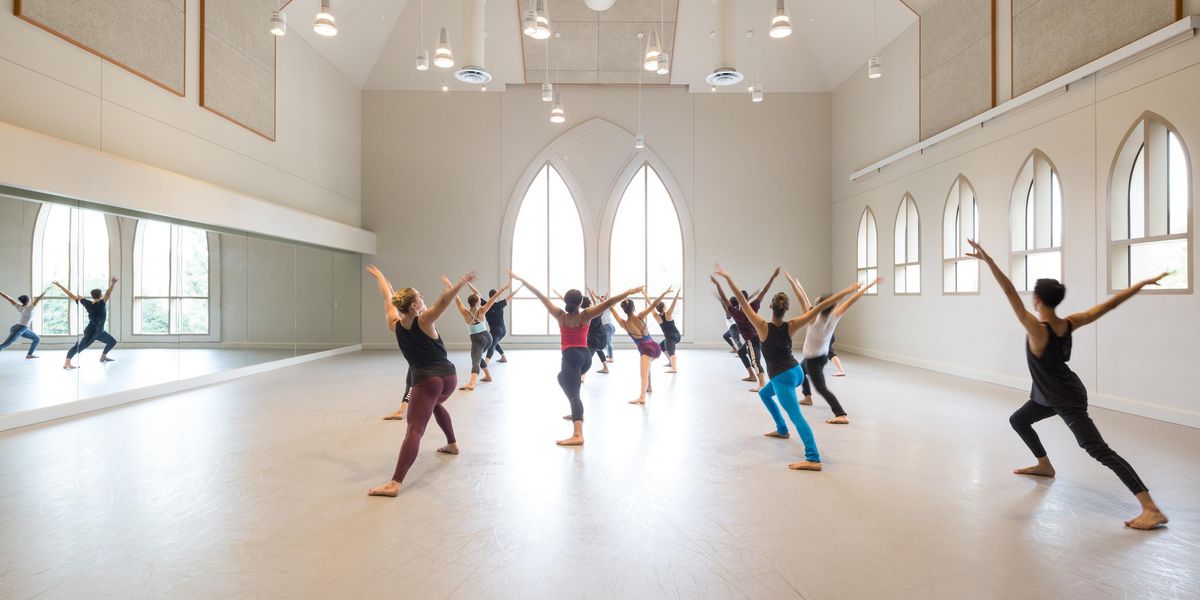Learning a New Game, Mistakes Encouraged
When I was offered a complimentary class at the Ailey Extension a few weeks ago, I decided to sign up for something I had never tried before: capoeira. I’d been intrigued by this Afro-Brazilian martial-art-meets-dance-form since taking classes in college with Colleen Thomas, whose release-y modern combinations occasionally swerved into capoeira territory: a back-flip or hand-stand or arm-balance slyly tucked in here or there, just to keep us on our toes (or off them). A bit intimitated by those acrobatic challenges, I tended to shy away from them and substitute, in their place, something that barely resembled what Colleen had demonstrated. Every time, I would think, “I should really take capoeira someday, and figure out how to do this.”
Last night I had my official introduction to the form with Tiba Vieira, who teaches at the Ailey Extension, Tisch School of the Arts, and other New York studios. For a newcomer, Tiba’s hour-long, beginner-level class at Ailey is excellent. He breaks down basic steps—most importantly the low-to-the-ground, side-to-side swinging known as “ginga” (pronounced jeen-ga)—in a clear, accessible way that still requires you to work hard the whole time. (My legs are really feeling it today.) Precision is encouraged, but so is messing up: “In order for you to get better here, you’re going to have to make a lot of mistakes,” Tiba said more than once.
We didn’t quite make it to back-flipping or hand-standing, but we did get comfortable putting weight in our hands through an intense series of push-ups that took us across the floor. We also had the chance to grab a partner and “play capoeira,” both during class and in a “roda,” or communal circle, with live drumming, at the end. This playful, fluid facing-off is, of course, what all of the technique is meant to prepare you for. At the encouragement of some more experienced students, I worked my way into the center of the circle, emerging to realize that, for just a few seconds, I’d been completely immersed in the game. —Siobhan Burke




